Although there is much that will remained unanswered here, we now have a better understanding of what makes up some of the beliefs of a Saint Regis Indian.
Some of the things we don't know include; who are the Saint Regis Indians, when did they come into existence and just who are the Seven Nations of Canada that these Saint Regis Indians owe some element of their existence to?
Based on a civil action that these Saint Regis Indians, also known as the Saint Regis Mohawk Tribe (SRMT), plan to file in US Federal Court and statements made in a public meeting to discuss this filing, we now know things that were perhaps not understood about these people before.
This is what is learned from the draft of a planned civil action by the SRMT:
The SRMT derives its authority from the US Federal government as a federally recognized Indian tribe. The SRMT believes that "the exercise of jurisdiction within an Indian reservation in New York is exclusively governed by federal law". The SRMT believes that an Indian reservation was established for the use of the Indians of the Village of Saint Regis in 1796 by an agreement between New York State and Seven Nations of Canada. The SRMT believes that New York State made this agreement "In an effort to set aside land for the Mohawks that would be federally protected from encroachment". At some point that is not clear in this filing, the SRMT believes that this "reservation" became the "federal reservation" of the SRMT. The SRMT believes that the US Constitution provides them with the right to bring this action and that United States District Court for the Northern District of New York has jurisdiction because "the Tribe's reservation is located in that District". The SRMT also believes that the "Tribe's reservation" is in New York State's Franklin and St Lawrence Counties and that land that was attempted to be carved out of the interior of the "reservation" by the State is part of the Town of Bombay. The SRMT believes that the Congress of the United States has never "enacted any law or statute or taken any other action to diminish the Tribe's reservation." The SRMT wants a federal judge to declare "that the jurisdiction of the Tribe, the State and the local governments within the Hogansburg Triangle(land within the "Tribe's reservation") is governed by federal law". Although they ask for a "grant of such other relief as the court may deem just and proper", one can't help wonder why they didn't ask for recovery of the taxes they paid in the purchases they made for property in the "Hogansburg Triangle".
In the public meeting to discuss the filing of this case it was also learned that SRMT and its legal counsel believes that it is unlawful for Native retailers to sell products to non-natives without collecting tax for the state. This begs the questions about the SRMT's involvement in this unlawful activity. We also learned that the SRMT believes that the only thing that keeps the State or its counties from siezing land in Akwesasne for taxes is a "gentleman's agreement" that the "Tribe" has with them not to do so.
It must be noted that in spite of the addition of the word "Mohawk" to the name of the Saint Regis Indians, there is no claim in this filing that the SRMT is or represents the Mohawk Nation, the Mohawk People or the Kanienkehaka or is a part of the Six Nations, Iroquois Confederacy or the Haudenosaune. On a historical note there is also no mention of any of these entities in the agreement of 1796 cited in the filing nor is there an established connection between these and the so-called Seven Nations of Canada. A reason for this may be because a federal court ruled in a previous attempt by the SRMT to use the court that Saint Regis Indians are not recognized as Mohawks and cannot use a connection to the Mohawk Nation or the Six Nations for their defense. On this one point many Kanienkehaka can agree with the findings of a federal court.
This civil action planned by the SRMT is a land claim. As can be clearly noted from previous posts on Native Pride, this is not "Land Claims; Mohawk Style". Within the lines delineating New York State, not one acre of land has ever been reacquired in a federal court or a court filed land claim. Only Ganienke and the recent reclamation in Akwesasne have resulted in the return of lost land to the people.
This post comes a long way from defining what a Saint Regis Indian is, but it should be clear that Saint Regis Indians are not Mohawks. They are, apparently, Americans; something a Mohawk would never claim.


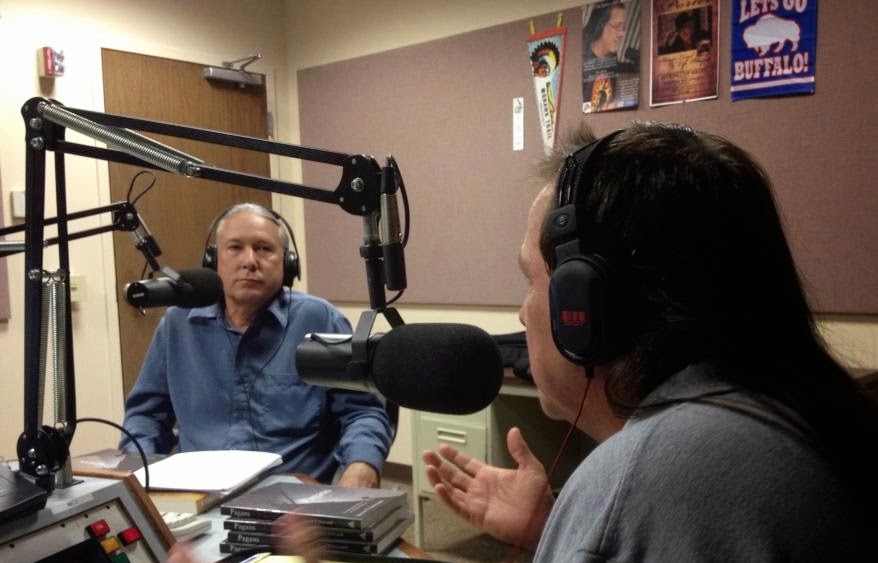


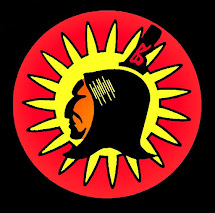


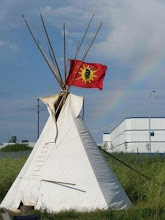

![-[]-[]-/\-[]-[]-](http://3.bp.blogspot.com/_9BsJ9GiICek/SkDblxnV3yI/AAAAAAAAAwI/pxLRna3rvw8/S214/29-03-A-voice-from-the-Akw-.jpg)
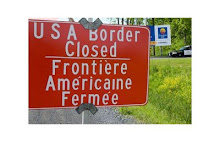
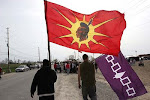


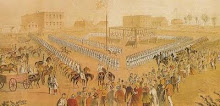
2 comments:
Could not find a suitable section so I written here, how to become a moderator for your forum, that need for this?
Due to a rash of comments that were either inappropriate or not relevant to the post it followed, I added a comment moderation feature that enables me to review comments before they appear. I have even had a couple of occasions where comments were posted in foreign languages; one appeared to be in Arabic or the like.
I'm not sure if that answers the question.
Post a Comment